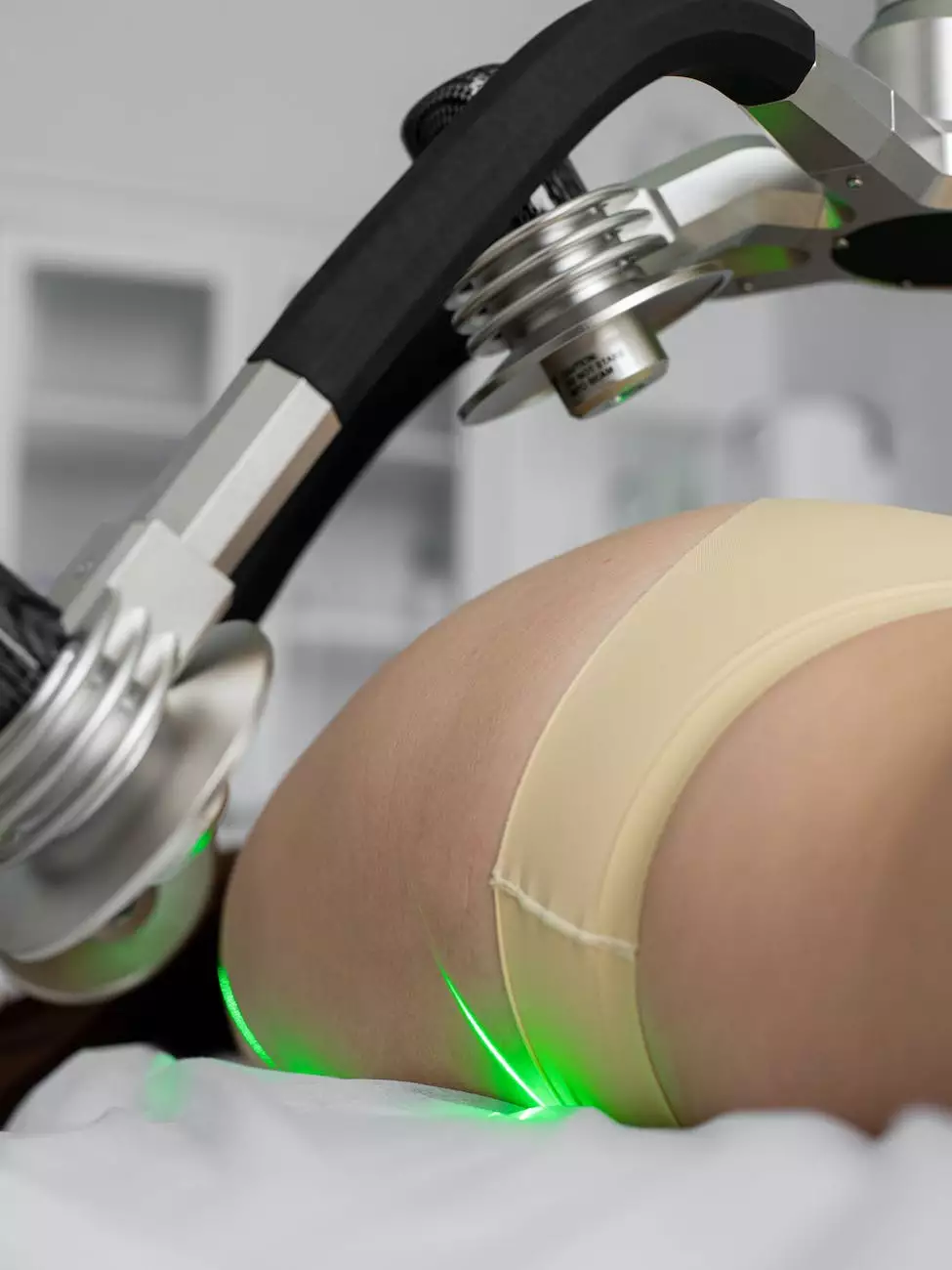Quadrilateral Space Syndrome - Shoulder

Introduction
Welcome to Body Fusion, your trusted source for information and treatment options for shoulder-related injuries and conditions. In this article, we will discuss Quadrilateral Space Syndrome (QSS) - a rare yet significant issue that can affect the shoulder and cause various symptoms.
Understanding Quadrilateral Space Syndrome
Quadrilateral Space Syndrome is a condition that involves compression or entrapment of the axillary nerve and posterior circumflex humeral artery within the quadrilateral space, a small region formed by the teres major muscle, the long head of the triceps brachii muscle, the humerus, and the teres minor muscle. This space serves as a passageway for these vital structures, and when compression occurs, it can lead to pain, weakness, and other debilitating symptoms.
Symptoms and Diagnosis
The symptoms of Quadrilateral Space Syndrome can vary from person to person, making it challenging to diagnose. However, common symptoms include:
- Persistent shoulder pain, especially during arm movements
- Weakness or numbness in the affected arm
- Tingling or pins and needles sensation
- Limited range of motion in the shoulder
- Atrophy of the muscles in the affected area
It is crucial to consult with a qualified healthcare professional for a proper diagnosis. They will consider your medical history, perform a physical examination, and may order additional tests such as imaging studies to confirm the condition.
Treatment Options
The treatment approach for Quadrilateral Space Syndrome typically involves a combination of conservative management techniques and, in severe cases, surgical intervention. Conservative treatments may include:
- Physical therapy to strengthen the supporting muscles and improve range of motion
- Nonsteroidal anti-inflammatory drugs (NSAIDs) to alleviate pain and inflammation
- Activity modification and rest
- Application of ice or heat to reduce discomfort
If conservative measures fail to provide significant relief or the symptoms worsen, surgical intervention may be necessary. The specific surgical procedure will depend on the individual case and the underlying cause of the compression. Your healthcare professional will discuss the most appropriate treatment plan tailored to your needs.
Prevention and Self-Care
While Quadrilateral Space Syndrome may not always be preventable, there are certain measures you can take to reduce the risk and promote overall shoulder health:
- Maintain good posture, especially during repetitive shoulder movements
- Practice regular stretching and strengthening exercises for the shoulder muscles
- Properly warm up before engaging in any physical activities involving the shoulder
- Avoid activities that cause excessive strain or repetitive stress on the shoulder
- Listen to your body and seek medical attention if you experience any persistent shoulder pain or discomfort
Conclusion
Quadrilateral Space Syndrome is a complex shoulder condition that requires appropriate diagnosis and management. If you suspect you may be experiencing symptoms related to this syndrome, do not hesitate to consult with a healthcare professional. At Body Fusion, we are committed to providing comprehensive information and expert guidance to help you understand and address your shoulder issues effectively. Remember, early intervention and proper treatment can make a significant difference in your overall well-being and quality of life.









